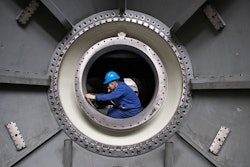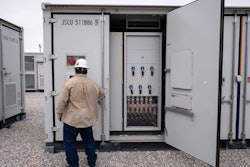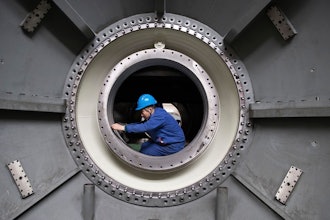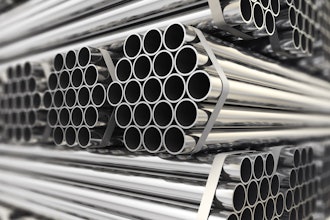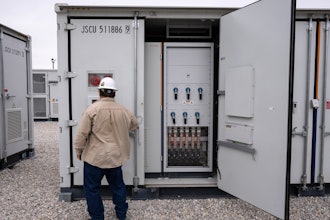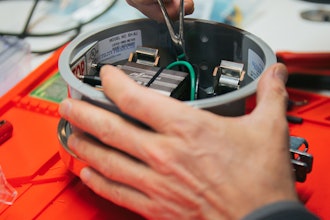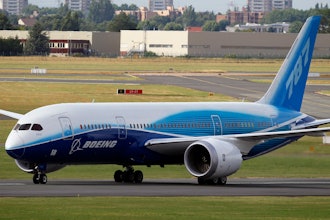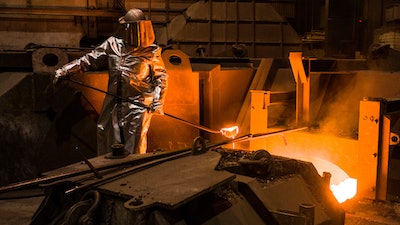
BERLIN (AP) — Germany's biggest industrial union agreed with employers Friday on a pay deal that will see millions of workers get raises totaling 8.5% over two years as well as one-time payments meant to cushion the effect of sky-high inflation.
The IG Metall union and employers reached a compromise in the southwestern state of Baden-Wuerttemberg, a key industrial region. In Germany, wage deals are typically hammered out in negotiations between employers' organizations and unions that cover a whole sector, and an agreement reached in one region is generally applied nationwide.
IG Metall negotiates for workers in the auto and machinery industries among others, representing a total of more than 3.8 million workers.
The union initially demanded an 8% pay increase and a one-year deal. It first made the demand in early July; since then, Germany's annual inflation rate has risen from 7.6% to 10.4%.
In their fifth round of talks, both sides agreed to raises of 5.2% next June and another 3.3% in May 2024. On top of that, workers will get one-time payments of 1,500 euros ($1,550) each at the beginning of 2023 and another 1,500 euros a year later.
German Chancellor OIaf Scholz, who has sought to find ways with unions and employers to address the impact of rising prices while preventing an inflationary spiral, has been keen to promote such tax-free payments of up to 3,000 euros.
"We have succeeded in an extremely challenging time in appreciably unburdening employees, sustainably stabilizing incomes and strengthening purchasing power," IG Metall Chairman Joerg Hofmann said in a statement. He argued the agreement would strengthen the German economy, which is expected to shrink next year.
The chief negotiator for employers' association Suedwestmetall, Harald Marquardt, said the outcome was acceptable but "certainly painful in many points and absolutely at the limit of what the majority of our members think is sustainable." He said employers agreed partly because of the need to head off strikes in an already uncertain situation, and the deal offers calm for what are likely to be two difficult years.
Wage deals in Germany, Europe's biggest economy, are being watched as inflation flares across the 19-nation euro area and the European Central Bank raises interest rates rapidly in an effort to tame it. ING economist Carsten Brzeski said Friday's outcome "shows what a compromise can look like."
"It won't be enough to fully offset the drop in purchasing power caused by higher inflation, but it softens the damage," Brzeski said in a research note. "For the ECB, it signals that second-round effects remain dampened and that a lower, subdued inflationary pressure can last for longer than markets currently think."





